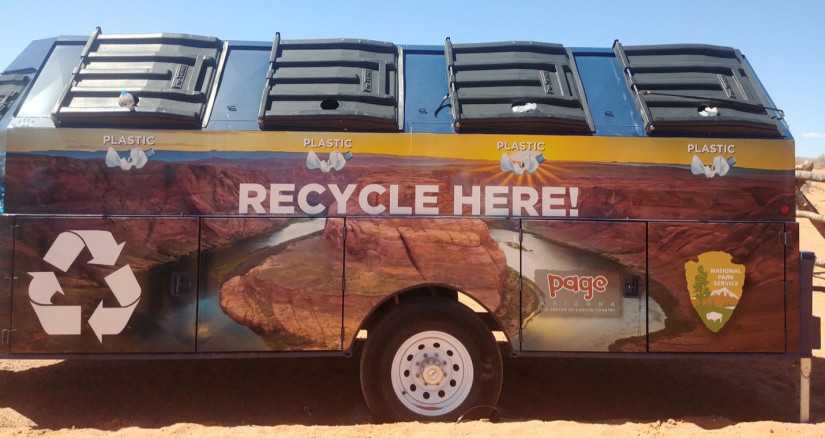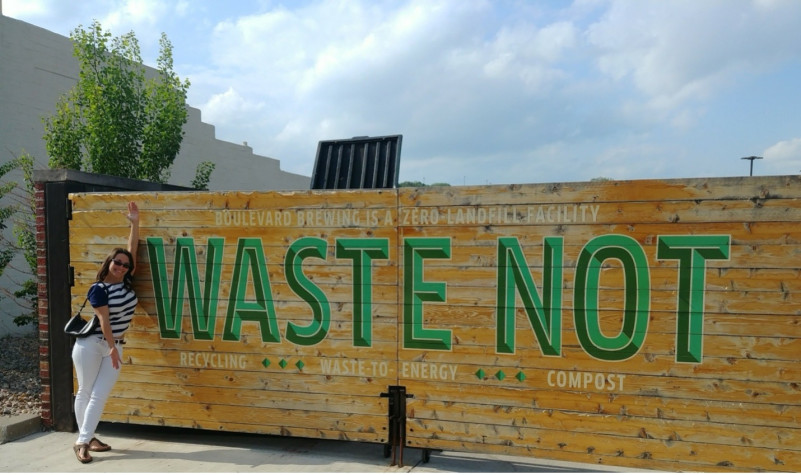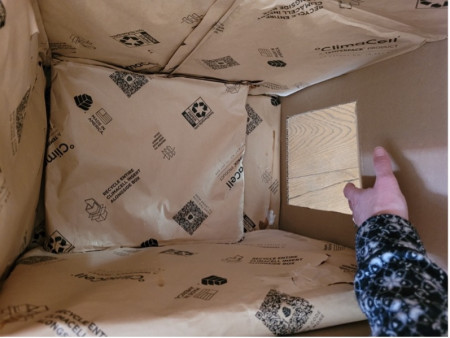
Recycling and Sustainability: Navigating Pitfalls, 7 Key Learnings, and Taking Action
Recycling plays a crucial role in reducing waste and promoting sustainability. However, it's important to be aware of the pitfalls associated with recycling to maximize its effectiveness. In this article, we will explore these pitfalls, highlight seven key learnings from notable books, and discuss potential implementations that can make a positive impact on our planet. Ready to take action and contribute to a more sustainable future? Reach out to us for personalized guidance on getting started at home or at work!
While recycling is a start, as Caitlyn Dudas from Pet Sustainability Coalition said “we cannot recycle our way out of climate change”. Here are 7 common pitfalls of recycling to keep in mind:
- Contamination: Contamination poses a significant challenge in recycling, as non-recyclable or improperly sorted items can disrupt the recycling stream and increase processing costs. 1
- Limited infrastructure: Uneven distribution of recycling facilities and collection systems can limit the types of materials that can be recycled, creating disparities in accessibility and effectiveness.2
- Energy and resource consumption: Recycling itself requires energy and resources, including water, chemicals, and transportation.3 Balancing these factors with the environmental benefits of recycling is crucial.
- Market demand and economics: Fluctuating demand for recycled materials and pricing disparities can impact the sustainability of recycling programs.4
- Technological limitations: Some materials are difficult to recycle due to composition or lack of economically viable recycling technologies, creating challenges for their proper disposal.5
- Greenwashing and misleading claims: Misleading recycling claims on products and packaging can confuse consumers and lead to unintentional contamination.6
- Behavioral and educational challenges: Changing consumer behavior and ensuring consistent recycling practices require continuous education and reinforcement.7
Understanding these pitfalls can help identify areas for improvement and inform strategies to enhance recycling systems and practices. It is essential to address these challenges collectively and work towards more efficient, accessible, and sustainable recycling solutions.
There are several excellent books that explore the topics of recycling and sustainability. They provide valuable insights into recycling, sustainability, waste management, and the environmental impact of our consumption patterns. They offer thought-provoking ideas, practical tips, and inspiring stories to help individuals and organizations adopt more sustainable practices.
How to get started: 7 key learnings and actions you can implement right now:
- Embrace the concept of "Cradle to Cradle" to shift to a circular economy, where materials are designed for reuse and recycling. Cradle to cradle can be defined as the design and production of products of all types in such a way that at the end of their life, they can be truly recycled or upcycled, therefore imitating nature’s cycle with everything either recycled or returned to the earth.1
- Practice mindful consumption to reduce waste by evaluating the necessity and longevity of purchased products.2
- Minimize single-use plastics and explore alternatives like reusable containers, bags, and bottles.3
- Understand local recycling guidelines and properly sort and prepare recyclable materials to minimize contamination.4
- Prioritize durable, well-made products to reduce the need for constant replacements and minimize waste.5
- Engage in composting organic waste at home to divert it from landfills and create nutrient-rich soil.6
- Share knowledge, raise awareness, and support companies and organizations advocating for sustainable practices and policy changes.7

Picture taken at the Minneapolis airport: Contamination represents a significant challenge to recycling’s sustainability.

Understand, support & promote your city recycling guidelines, or local business’s initiatives.
If recycling isn't accessible in your area, it's an opportunity to embrace creativity and explore alternatives like reusing or repurposing existing materials. As a personal example, rather than purchasing a likely plastic cat house for an outdoor cat, we repurposed an available insulated box, demonstrating that eco-friendly solutions can often be found right at our fingertips!


Insulated cat shelter made from a re-purposed box.
Now is the time to act and make a positive impact on our planet. By implementing the ideas mentioned above, we can all contribute to a more sustainable future. Whether seeking guidance on recycling, more sustainable practices, or wanting to explore personalized professional strategies, BSM is here to help. Reach out to us for assistance & support on how to get started and make a difference tomorrow.
References
- McDonough, W., & Braungart, M. (2002). Cradle to Cradle: Remaking the Way We Make Things. North Point Press, (2002).
- Strasser, S. Waste and Want: A Social History of Trash. (1999).
- McDonough, W., & Braungart, M. The Upcycle: Beyond Sustainability--Designing for Abundance.(2013).
- Beavan, C. No Impact Man: The Adventures of a Guilty Liberal Who Attempts to Save the Planet, and the Discoveries He Makes About Himself and Our Way of Life in the Process. (2009).
- Terry, B. Plastic-Free: How I Kicked the Plastic Habit and How You Can Too. (2012).
- Watson, A., & Pettit, E. Cradle to Cradle Home: A Design Guide for Life.
- Humes, E. (2012). Garbology: Our Dirty Love Affair with Trash. (2012).
Follow us on LinkedIn for the latest updates on all things happening here at BSM Partners.
About the Author
Émilie Mesnier holds a master’s degree in food science from France and has been dedicated to the pet food industry since 2007. She is committed to leverage her almost 2 decades of experience to pets and animals in general, the petfood industry, efficiencies, palatability, environmental stewardship, responsible consumption, and international expansion. Passionate about continuous improvement, sustainable living and innovation, Emilie actively applies her knowledge to both her professional and personal life.
This content is the property of BSM Partners. Reproduction or retransmission or repurposing of any portion of this content is expressly prohibited without the approval of BSM Partners and is governed by the terms and conditions explained here.